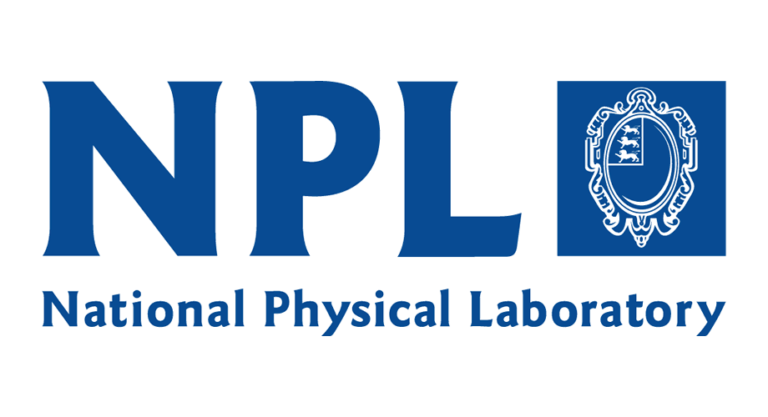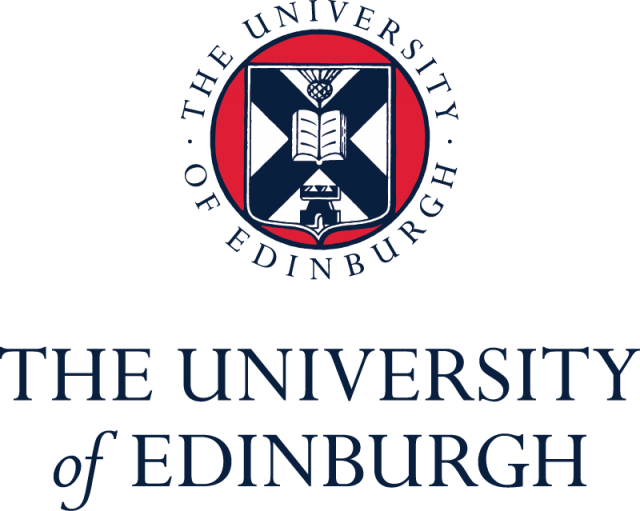Project Description
The detection and monitoring of substances from a distance is extremely important to several industrial production and safety processes. This project will be focused on remote gas sensing in air using Raman scattering for safety applications in nuclear and hydrogen fuel industries. The Raman scattering signal, albeit weak, provides a unique signature of chemical substance, making it an excellent tool for substance identification.
The strength of the Raman signal increases with a shorter excitation wavelength. Therefore, combining UV Raman spectroscopy with single photon detectors creates an excellent technology for remote gas monitoring applications. The project will develop a novel remote gas sensing system platform using state-of-the-art technologies in light sources, spectral analysis, and single-photon detectors.
The development will include optimisation of operational wavelength range to maximise technology sensitivity, study of Raman spectra of different molecules in a desired spectral range and designing a suitable spectrometer system. As a result, deployable prototypes will be tested for the realistic end-user scenario. Such an endeavour would represent a highly timely, novel and disruptive achievement. Our use of single-photon detectors also plays an essential role in the UK Quantum Technologies agenda, and will result in a timely and highly innovative early industrial application of these devices.
The student will be based at Fraunhofer Centre for Applied Photonics (Fraunhofer CAP) and jointly supervised by Dr David Stothard (Fraunhofer CAP) and Dr David Li (University of Strathclyde).
The first of the highly regarded Fraunhofer Research Centres to be based in the UK, Fraunhofer CAP specialises in undertaking applied R&D in a range of photonics themes.
Based at the University of Strathclyde’s Technology and Innovation Centre in Glasgow city centre, Fraunhofer CAP’s main remit is to be a key partner to UK companies in the development of state-of-the-art products and processes that will enhance their competitiveness; beyond this we are proud that our work brings benefits to health, environment and society. We work across many sectors including wind energy, quantum technology, space, medical, security.
Dr David Li leads a research group of 9 researchers at the Department of Biomedical Engineering (BME), University of Strathclyde, he has published over 120 research articles (citations ~ 3,100; h-index = 27) and has a track record in knowledge transfer. So far Dr Li has supervised 18 PhD students as First Supervisor. Dr Li’s team focuses on picosecond time-resolved imaging/spectroscopy, single-photon counting imaging/sensing, embedded AI, and LIDAR/image analysis. His team works with the Department of Physics, Institute of Photonics, BME, Strathclyde Institute of Pharmacy & Biomedical Sciences (SIPBS), and European research institutes.
While working at Fraunhofer CAP, the student will be fully supported by Dr Li’s research team and BME
We are a bright, engaging, welcoming, helpful and diverse team and want like-minded individuals who want to make a difference and really contribute. Your attitude and ambition are as important to us as any of the project criteria above.
We are a professional R&D organisation and, as such, maintain core hours of operation. However, we are flexible in our approach and welcome such discussions.
CDT Essential Criteria
A Masters level degree (MEng, MPhys, MSc) at 2.1 or equivalent.
Desire to work collegiately, be involved in outreach, undertake taught and professional skills study.
Project Essential Criteria
Desire to undertake an experimental project encompassing optics; lasers; interfacing to instrumentation; mechanical and electronic design and fabrication (the appropriate knowledge will be supplied); system integration; analysis of results.
A strong desire to interact with external end-users of the developed technology.
A systems-based approach to problem-solving. Understanding of optics and spectroscopy.
To be practical and self-motivated.
Project Desirable Criteria
Pre-existing knowledge of interfacing, computer programming (MATLAB, LabView, Python etc.)
An interest in electronics and instrumentation.
Once the system is developed, there is scope for considerable in-field evaluation of resulting technologies. A desire to embrace experimental validation in such an environment would also be desirable.
The CDT
The CDT in Applied Photonics provides a supportive, collaborative environment which values inclusivity and is committed to creating and sustaining a positive and supportive environment for all our applicants, students, and staff. For further information, please see our ED&I statement: https://bit.ly/3gXrcwg.
Forming a supportive cohort is an important part of the programme and our students take part in various professional skills workshops, including Responsible Research and Innovation, and attend outreach training.









